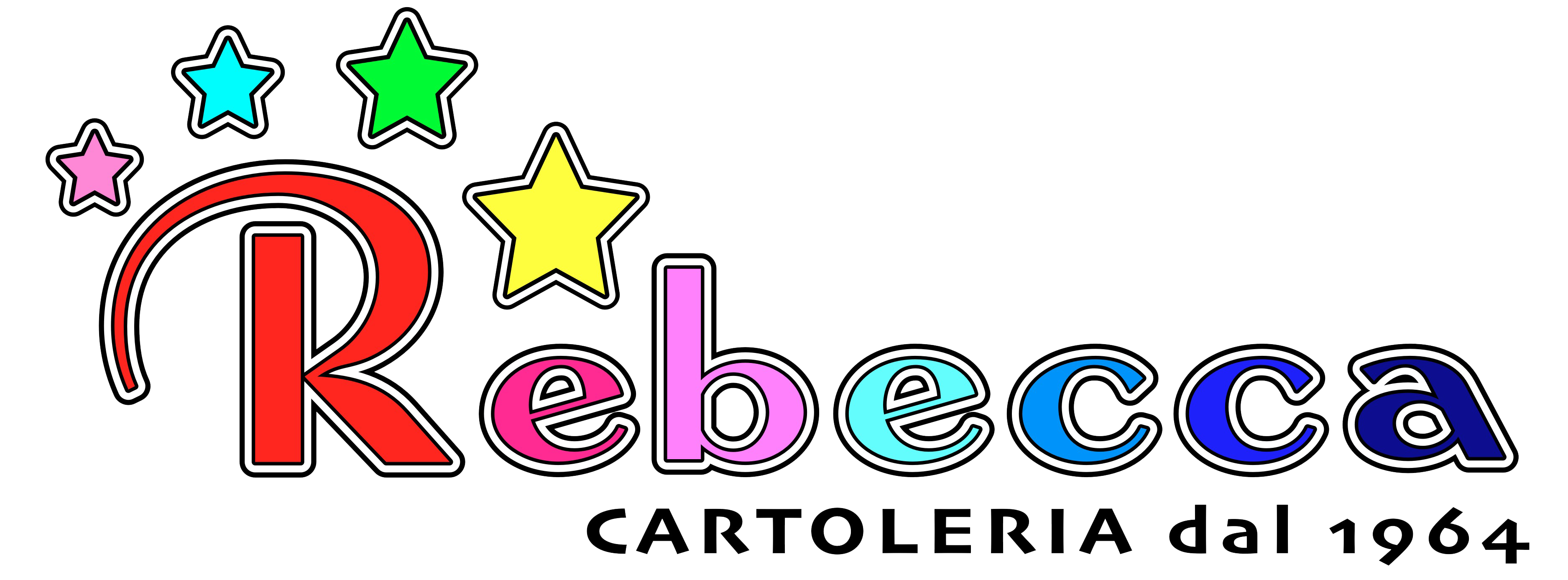Content
Researchers surveyed 175 young adults who mixed alcohol with caffeinated energy drinks about their verbal and physical aggression in bar conflicts. Results showed enough escalation in people consuming these drinks to label the beverages a “potential risk” to increased hostility. Intermittent explosive disorder (IED) is a mental health condition marked by frequent impulsive anger outbursts or aggression. The episodes are out of proportion to the situation that triggered them and cause significant distress. From Table 2, the mean scores of Anger expression out, anger expression in, anger expression outside, and anger control inside among the two groups and they are not statistically significant. The mean scores of trait anger and state anger of relapsers are significantly different from the abstainers.
The study involved 495 adults, with an average age of 23, who were social drinkers. Before participating, the participants were screened for any past or present drug, alcohol and psychiatric-related problems. The individual will be closely monitored by trained detox professionals throughout the detox phase, and as withdrawal symptoms intensify will administer necessary medications.
Addiction is a disease, we have addiction medicine that saves lives.
Alcohol may make the individual appear to be calm and relaxed and nothing more. It may be years before a consistent escalation in consumption alcoholic rage syndrome might begin triggering negative effects in their life. These signs are overt and obvious, as the personality changes are usually negative.
- Through CBT, you can unlearn negative thoughts and behaviors and learn to adopt healthier thinking patterns and habits.
- Identifying those factors that might contribute to heightened anger when consuming alcohol is important for individuals who have anger issues and those who treat them.
- Researchers surveyed 175 young adults who mixed alcohol with caffeinated energy drinks about their verbal and physical aggression in bar conflicts.
- In a WHO assessment on domestic violence and alcohol, 55% of surveyed Americans stated they thought their partner was intoxicated during a physical assault.
In addition to potential mental health disorders related to difficulties managing anger, there are several physical side effects of unchecked and chronic anger. This activates the stress response, which speeds up heart rate, respiration, and blood pressure, and increases body temperature. Stress also affects focus and attention abilities, and heightens energy while decreasing appetite and sleep functions. People with intermittent explosive disorder tend to have poor life satisfaction and lower quality of life.
Recognizing the Physical Cocaine Addiction Symptoms
Anger management and conflict resolution are other coping tools that are often taught in rehab. Treatment helps begin the healing process for both the alcoholic and their loved ones. Those who have suffered verbal or physical abuse at the hands of the alcoholic deserve to be healed. When the time comes that the alcoholic is ready to enter a treatment program they will participate in a variety of different therapies. Rehab will begin with a detox, where the toxins from the alcohol are expelled from the body. Once the individual has become stable they will be ready to engage in therapy.
It makes people — even their closest friends — less willing to spend time with them. It can have a major impact on their family members’ quality of life and even be a detriment to the healthy development of any children they have. It can be harder for someone under the influence of alcohol to notice typical warning signs that emotions, especially anger, may be getting out of control.

